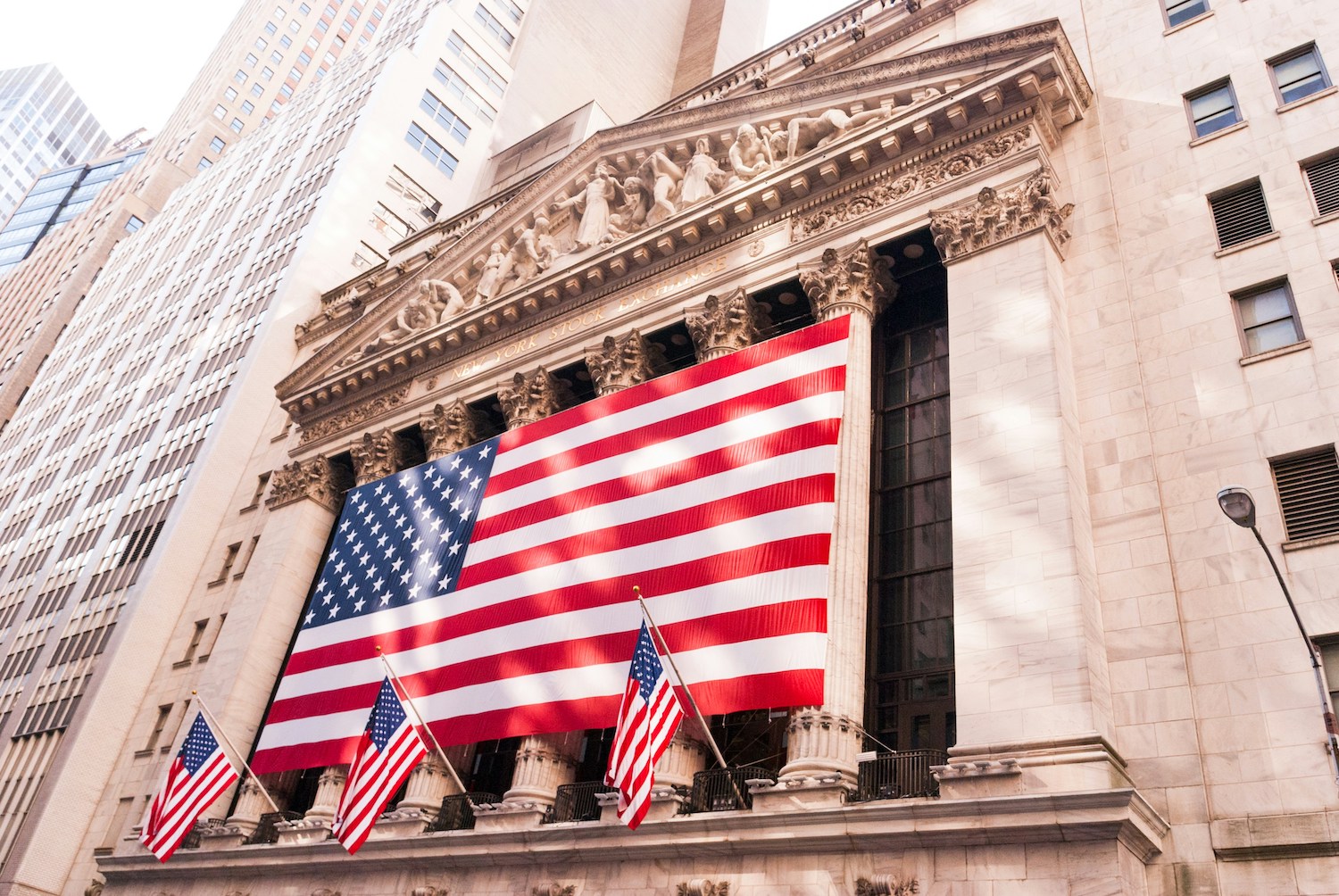Consumer spending in the October-December quarter of the U.S. grew at a rate of 2.8%, slightly lower than the previous quarter's pace of 3.1%. This growth was fuelled by increased spending on dining out, hotel stays, healthcare, recreational goods, and vehicles. Rising wages, interest, and dividend income contributed to consumption despite a decline in government social benefits like food stamps and Medicaid.
Households also tapped into savings amid subsiding inflation to support spending. Household income, adjusted for taxes and inflation, rose at a 2.5% rate, accelerating from the previous quarter. The saving rate declined slightly to 4%. Despite strong growth, inflation eased, with a 1.9% increase compared to the prior quarter's 2.9% rise. The core Personal Consumption Expenditures (PCE) price index, excluding food and energy, rose at a 2% pace, driven by housing and healthcare. However, rising borrowing costs may slow spending in the coming quarters as government assistance decreases. Nonetheless, economists like Gus Faucher from PNC Financial are optimistic about the economy, foreseeing a slowdown in growth but avoiding recession in 2024 due to solid economic fundamentals.
The data also revealed encouraging signs regarding inflation, with consumer prices rising at an annual rate of 1.7% in the fourth quarter, down from 2.6% in the previous quarter. This decrease in inflationary pressures alongside robust economic growth provides optimism for a stable economic trajectory.
Treasury Secretary Janet Yellen points out to the administration's role in driving the economic revival, attributing the impressive growth to measures aimed at untangling supply chains and bolstering workforce participation. Yellen's remarks underscore a broader effort to reshape perceptions of the Biden administration's economic policies in the lead-up to the election.
In financial markets, the news of robust economic growth prompted positive movements, with US stocks and bond prices rallying. This contrasted with a more subdued outlook in other parts of the global economy, where uncertainties loom large.
Christine Lagarde, President of the European Central Bank (ECB), challenges the traditional notion that two consecutive quarters of negative growth signify a recession for the European economy. Despite hints at potential interest rate cuts, Lagarde asserts that such discussions are premature and urges the need for confidence in inflation reaching the target before considering rate adjustments. Drawing parallels with Janet Yellen's response to similar circumstances in the U.S. economy in 2022, Lagarde highlights the importance of considering various economic indicators beyond GDP growth. While acknowledging contraction in private sector activity, Lagarde emphasizes the strength of the labour market and urges vigilance in policymaking.
UK chancellor Jeremy Hunt faces warnings that Britain may already be in a technical recession despite government assertions of an economic rebound. Leading economists suggest that recent poor growth figures indicate a significant downturn. The EY Item Club expects a modest pickup in growth for 2024 but highlights ongoing economic challenges for Mr. Sunak and Mr. Hunt. Despite pressure and speculation over his future, Chancellor Hunt signals tax cuts in the upcoming Budget.
Looking ahead, central banks worldwide are closely monitoring inflation dynamics as they contemplate potential adjustments to interest rates. While the US economy's resilience bodes well for the year ahead, global economic challenges persist, stressing the importance of continued vigilance and adaptive policymaking in ever evolving economic landscape.
Sources:
https://www.ft.com/content/05c88898-7573-426f-b656-5c76e3a51bfc
https://www.independent.co.uk/news/uk/politics/jeremy-hunt-budget-uk-recession-b2482732.html
 Polish
Polish
 English
English
 Slovak
Slovak
 Czech
Czech
 Hungarian
Hungarian
 Italiano
Italiano





